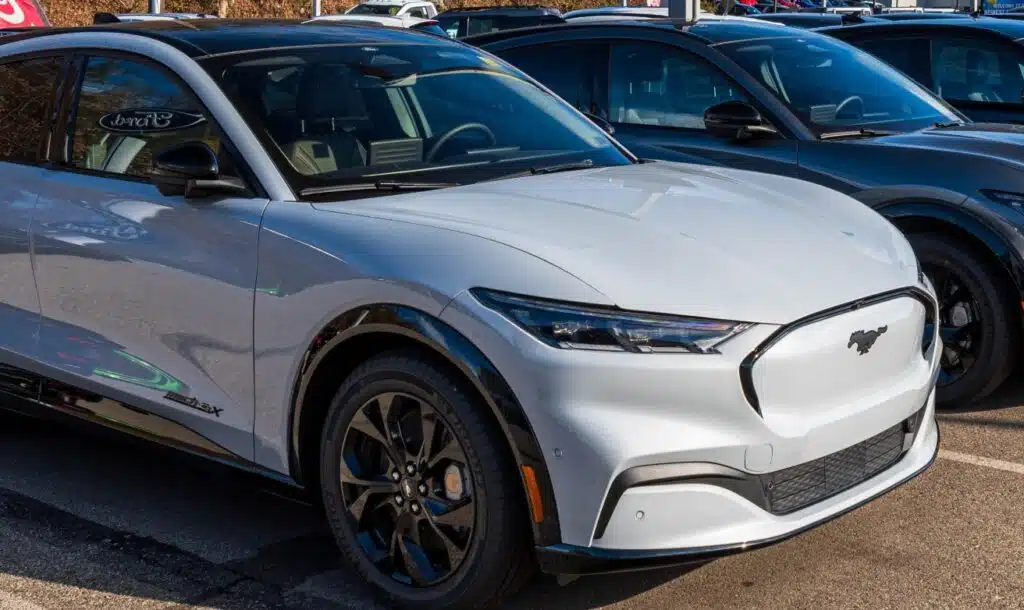
(Photo Credit: woodsnorthphoto/Shutterstock)
Update:
- Ford Motor Co. is challenging a lawsuit that targets its Mustang Mach-E vehicles over the use of an electronic door latch system (E-Latch).
- The plaintiffs allege Ford failed to disclose safety issues with the Mustang Mach-E’s E-Latch, which lacks exterior door handles or a keyhole.
- Ford argues the claims are unfounded because owner manuals and public materials already disclosed the system’s features and limitations.
- Ford further contends the plaintiffs suffered no injury since a government-supervised recall in June provides a free software update and reimbursement to address the alleged defect.
- The company asks the court to dismiss the case with prejudice, citing lack of standing, mootness due to the recall and failure to meet legal pleading standards.
Ford class action lawsuit overview:
- Who: Plaintiffs John Salas and Francisco Xavier Gonzalez filed a class action lawsuit against Ford Motor Co.
- Why: Salas and Gonzalez claim Ford failed to disclose a defect in its Mustang Mach-E vehicles that can cause passengers to become trapped inside.
- Where: The class action lawsuit was filed in California federal court.
A new class action lawsuit alleges Ford Motor Co. failed to disclose a defect in its Mustang Mach-E vehicles that can cause passengers to become trapped inside.
Plaintiffs John Salas and Francisco Xavier Gonzalez claim Ford’s Mustang Mach-E vehicles contain electronically latched doors, called E-Latch, that cannot be opened from the outside in the event of a battery failure or loss of power.
“Despite complaints from customers, and numerous instances of small children being locked inside the Class Vehicles, upon information and belief, Defendant has not taken action to prevent or rectify this material safety defect,” the class action says.
The plaintiffs want to represent a California class of consumers who purchased or leased a model year 2022–2025 Mustang Mach-E vehicle.
Ford has ‘long known’ of electronically latched door risks, class action says
Salas and Gonzalez argue Ford has long known about the inherent risks associated with using electronically latched doors in electric vehicles that utilize keyless entry without providing a hard key or manual way to open the doors in the event of battery failure.
“Upon information and belief, Defendant knew (or at the very least should have known) of the Defect in the Class Vehicles yet has failed to disclose the Defect to consumers or even properly inform consumers how to open the vehicle in the event of a battery failure,” the class action states.
Salas and Gonzalez claim Ford is guilty of fraudulent concealment and in violation of California’s consumer protection laws.
The plaintiffs demand a jury trial and request declaratory and injunctive relief and an award of actual, compensatory, statutory and/or liquidated damages for themselves and all class members.
In other Ford-related news, the automaker recently issued recalls for certain Ford Bronco Sport, Ford Maverick, Ford Escape, Lincoln Corsair, Ford Super Duty, Ford Flex, Ford Fiesta, Lincoln MKT and Ford F-150 Lightning battery electric vehicles.
Have you purchased or leased a Ford Mustang Mach-E vehicle? Let us know in the comments.
The plaintiffs are represented by Abbas Kazerounian and Pamela E. Prescott of Kazerouni Law Group APC and Edward S. Diab of Diab Chambers LLP.The Ford Mustang class action lawsuit is Salas, et al. v. Ford Motor Co., Case No. 2:25-cv-01701, in the U.S. District Court for the Central District of California.
Don’t Miss Out!
Check out our list of Class Action Lawsuits and Class Action Settlements you may qualify to join!
Read About More Class Action Lawsuits & Class Action Settlements:



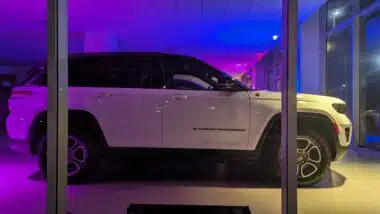
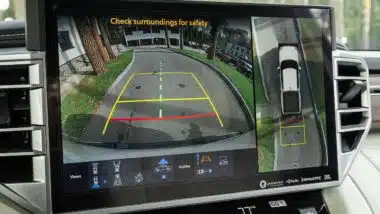
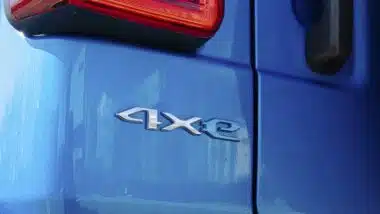
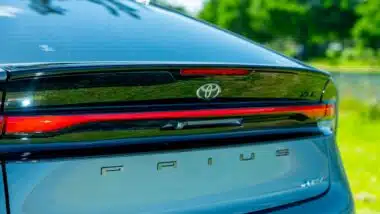
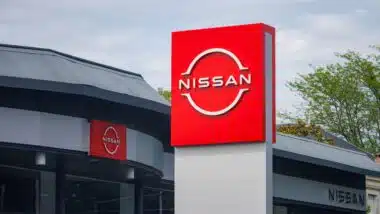
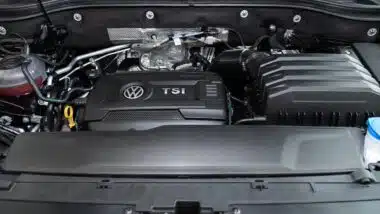

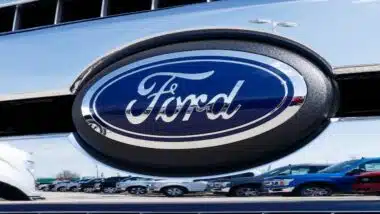
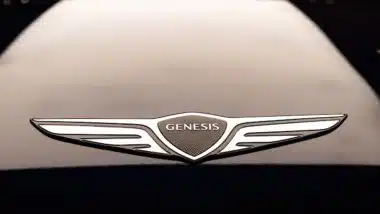
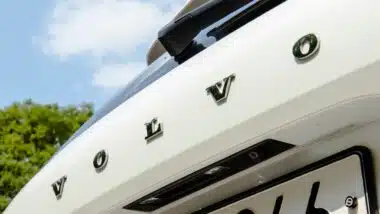
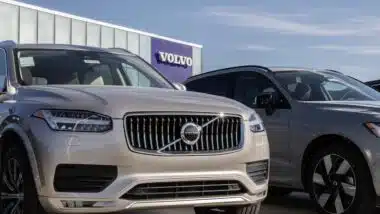
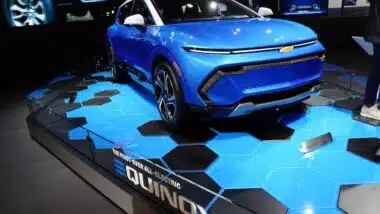
2 thoughts onFord seeks dismissal in defective door latch class action lawsuit
Mach E owner
I am a 2023 Mustang Mach-E owner, and I fully support this lawsuit. In less than five months of ownership, I’ve had to bring my vehicle into the shop five separate times for major issues, and it still isn’t fixed. The defects have caused me constant stress, repeated repair visits, and serious safety concerns.
On top of that, the vehicle has depreciated dramatically — I put about $30,000 into it, and within months its resale value dropped by nearly $10,000. Ford’s promised “savings” on EV charging are also unrealistic, as I’m paying around 59 cents per kWh to charge, which is no financial advantage at all compared to gas.
Between the repeated defects, constant downtime, depreciation, and the unsafe door latch problem, this car has been a nightmare. I believe Ford should be held accountable, and I want to be included in this action.